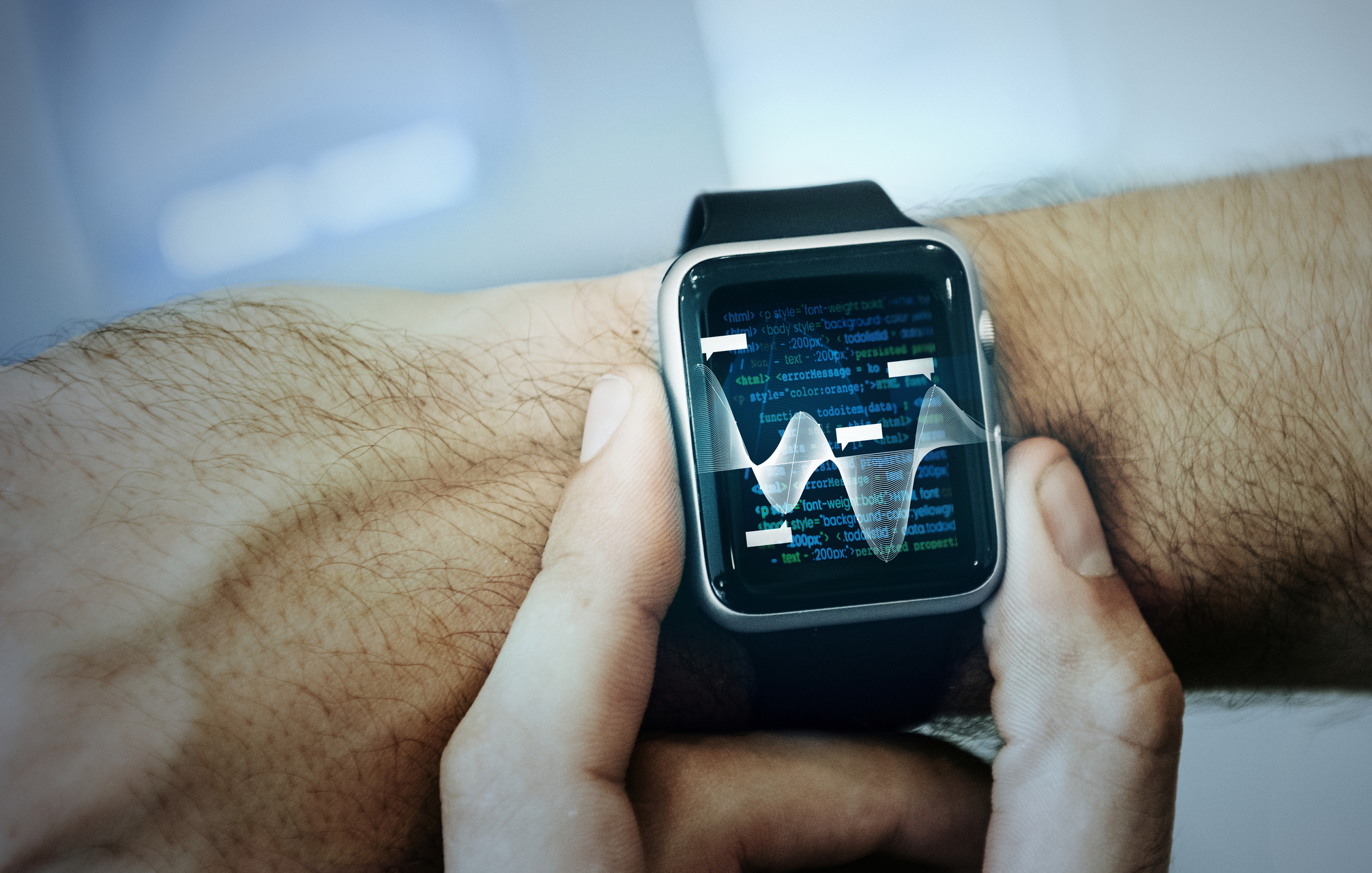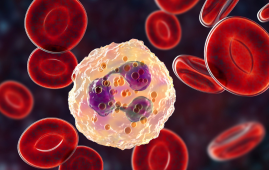

Almost one-third of all Americans use a wearable gadget, such as a smartwatch, to track their health and fitness. Studies have indicated that increasing mobility in ways that these devices can monitor has a favorable effect, especially for those who have recently had a heart attack or other cardiovascular event.
However, according to a Michigan Medicine-led study, adding a mobile health application to such devices offers mixed outcomes. Tailored text messages to urge high-risk adults to exercise more may improve some short-term outcomes, but they do not always enhance overall mobility.
The Virtual AppLication-supported Environment To Increase Exercise Study, or VALENTINE, was a randomized clinical trial that compared the mobility of patients participating in cardiac rehabilitation who got the mobile health intervention to those who did not.
Cardiac rehabilitation is a medically supervised therapy that is advised after a heart attack or surgery.
Half of the study’s more than 200 participants received a mobile health intervention, which included an app for activity tracking and goal setting, as well as personalised, just-in-time text messages to encourage mobility.
The messages took into account characteristics such as the weather, time of day, and day of the week to ensure that they were extremely relevant to the environment of the participant.
The findings, published in the journal npj Digital Medicine, show that there is no statistically significant improvement in physical activity levels for patients participating in cardiac rehabilitation who receive the mobile health intervention across all smartwatch models.
There was, however, a significant increase in walking distance over six minutes, a measure of functional ability, for Fitbit users three months after the research began, albeit this was not sustained at six months.
Apple Watch users’ six-minute walk distance did not alter significantly after six months.
“Overall, this study suggests that the intervention did not have a long term impact on physical activity that was sustained over time but may have intermediate or potentially device-specific effects,” said first author Jessica R. Golbus, M.D., clinical instructor of internal medicine-cardiology at University of Michigan Medical School and member of the Precision Health initiative.
“Further analyses will help us to determine which types of tailored text messages are most effective and for which groups of patients. We will then use that information to design and deliver a future digital health intervention in which participants receive only the most effective text messages,” Golbus said.
“This study is a first step in us understanding how best to use these new technologies to the benefits of patients.”
more recommended stories
 Silica Nanomatrix Boosts Dendritic Cell Cancer Therapy
Silica Nanomatrix Boosts Dendritic Cell Cancer TherapyKey Points Summary Researchers developed a.
 Vagus Nerve and Cardiac Aging: New Heart Study
Vagus Nerve and Cardiac Aging: New Heart StudyKey Takeaways for Healthcare Professionals Preserving.
 Cognitive Distraction From Conversation While Driving
Cognitive Distraction From Conversation While DrivingKey Takeaways (Quick Summary) Talking, not.
 Fat-Regulating Enzyme Offers New Target for Obesity
Fat-Regulating Enzyme Offers New Target for ObesityKey Highlights (Quick Summary) Researchers identified.
 Spatial Computing Explains How Brain Organizes Cognition
Spatial Computing Explains How Brain Organizes CognitionKey Takeaways (Quick Summary) MIT researchers.
 Gestational Diabetes Risk Identified by Blood Metabolites
Gestational Diabetes Risk Identified by Blood MetabolitesKey Takeaways (Quick Summary for Clinicians).
 Phage Therapy Study Reveals RNA-Based Infection Control
Phage Therapy Study Reveals RNA-Based Infection ControlKey Takeaways (Quick Summary) Researchers uncovered.
 Pelvic Floor Disorders: Treatable Yet Often Ignored
Pelvic Floor Disorders: Treatable Yet Often IgnoredKey Takeaways (Quick Summary) Pelvic floor.
 Urine-Based microRNA Aging Clock Predicts Biological Age
Urine-Based microRNA Aging Clock Predicts Biological AgeKey Takeaways (Quick Summary) Researchers developed.
 Circadian Control of Neutrophils in Myocardial Infarction
Circadian Control of Neutrophils in Myocardial InfarctionKey Takeaways for HCPs Neutrophil activity.

Leave a Comment